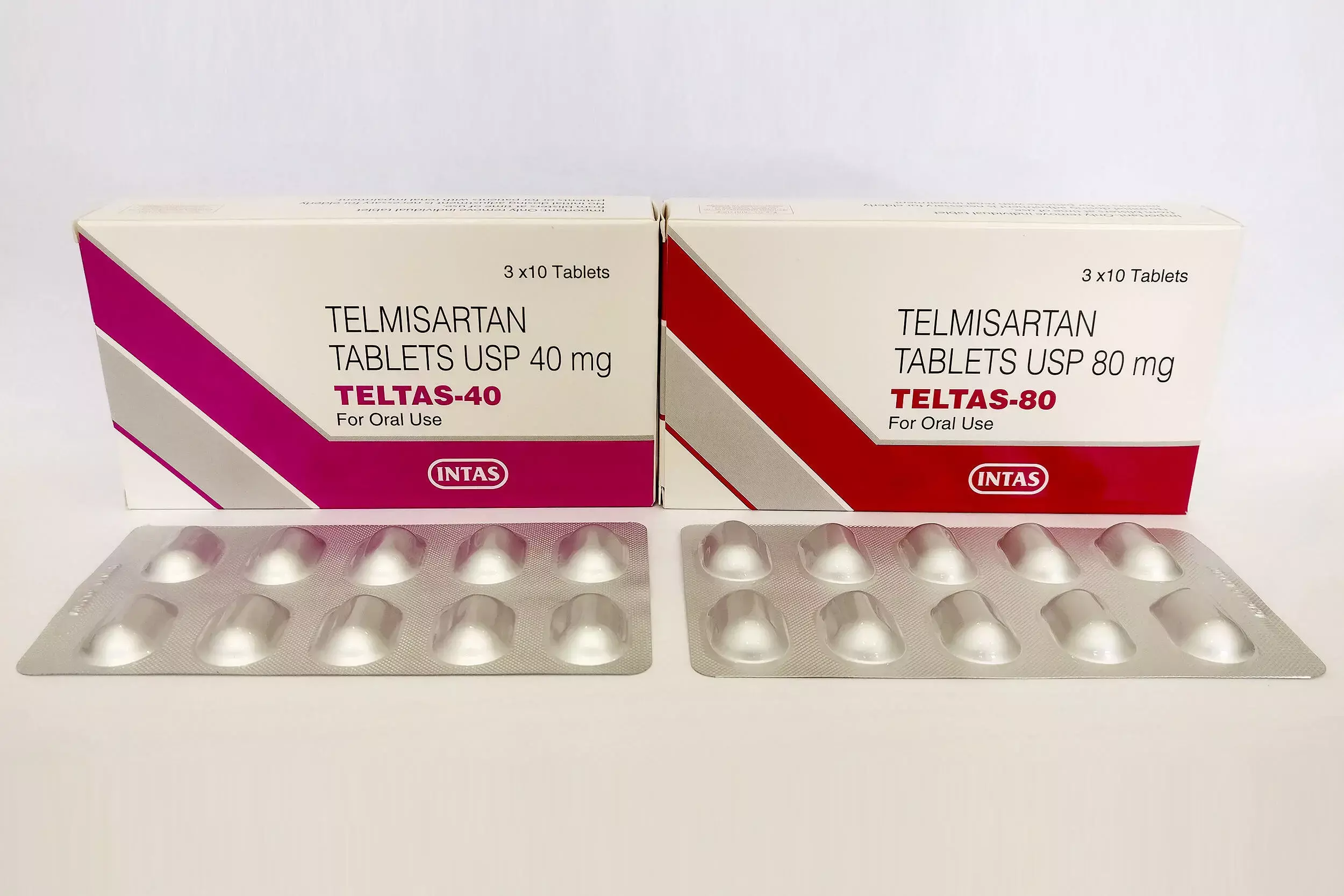- Home
- Medical news & Guidelines
- Anesthesiology
- Cardiology and CTVS
- Critical Care
- Dentistry
- Dermatology
- Diabetes and Endocrinology
- ENT
- Gastroenterology
- Medicine
- Nephrology
- Neurology
- Obstretics-Gynaecology
- Oncology
- Ophthalmology
- Orthopaedics
- Pediatrics-Neonatology
- Psychiatry
- Pulmonology
- Radiology
- Surgery
- Urology
- Laboratory Medicine
- Diet
- Nursing
- Paramedical
- Physiotherapy
- Health news
- Fact Check
- Bone Health Fact Check
- Brain Health Fact Check
- Cancer Related Fact Check
- Child Care Fact Check
- Dental and oral health fact check
- Diabetes and metabolic health fact check
- Diet and Nutrition Fact Check
- Eye and ENT Care Fact Check
- Fitness fact check
- Gut health fact check
- Heart health fact check
- Kidney health fact check
- Medical education fact check
- Men's health fact check
- Respiratory fact check
- Skin and hair care fact check
- Vaccine and Immunization fact check
- Women's health fact check
- AYUSH
- State News
- Andaman and Nicobar Islands
- Andhra Pradesh
- Arunachal Pradesh
- Assam
- Bihar
- Chandigarh
- Chattisgarh
- Dadra and Nagar Haveli
- Daman and Diu
- Delhi
- Goa
- Gujarat
- Haryana
- Himachal Pradesh
- Jammu & Kashmir
- Jharkhand
- Karnataka
- Kerala
- Ladakh
- Lakshadweep
- Madhya Pradesh
- Maharashtra
- Manipur
- Meghalaya
- Mizoram
- Nagaland
- Odisha
- Puducherry
- Punjab
- Rajasthan
- Sikkim
- Tamil Nadu
- Telangana
- Tripura
- Uttar Pradesh
- Uttrakhand
- West Bengal
- Medical Education
- Industry
High dose Telmisartan may help reduce proteinuria in CKD Patients: Study

Renoprotective therapy, including inhibition of the renin-angiotensin system (RAS), in patients with chronic kidney disease (CKD) is important to support renal function, especially in patients with overt proteinuria. In a recent study, researchers have found that the high dose of telmisartan, an angiotensin II receptor blockers (ARBs) significantly reduces the proteinuria. However, the renoprotective effect of ARBs may be limited in CKD patients with non-nephrotic proteinuria. The study findings were published in the journal SAGE Open Medicine on November 23, 2020.
Several previous studies have demonstrated that RAS inhibition by ARBs may exert renoprotective effects in a dose-dependent manner. For example, 300 mg irbesartan exerts stronger effects than 150 mg irbesartan in terms of urinary albumin excretion and overt diabetic nephropathy prevention. However, In those studies, none of the participants had moderate to severe renal insufficiency, such as CKD stage 3–4; only one study investigated dose-dependent renoprotection in patients with moderate to severe CKD and found a higher degree of proteinuria. Although angiotensin II receptor blockers are effective for patients with chronic kidney disease, dose-dependent renoprotective effects of angiotensin II receptor blockers in patients with moderate to severe chronic kidney disease with non-nephrotic proteinuria are not known. Therefore, researchers of the Nagasaki University Hospital, Japan conducted a study to clarify the dose-dependent renoprotective effect and safety of the long-term administration of the ARB telmisartan on patients with stage 3 or 4 CKD without nephrotic level proteinuria.
The JINNAGA study was a multicenter, prospective, randomized trial, conducted from 2009 to 2014. A total of 61 patients with non-nephrotic stage 3–4 chronic kidney disease were randomly assigned to receive either 40mg (n=32) or 80 mg (n=29) telmisartan and were observed for up to 104 weeks. The major outcome assessed was renal death, doubling of serum creatinine level, the transition to stage 5 chronic kidney disease and death from any cause. Researchers also assessed the level of urinary proteins and changes in the estimated glomerular filtration rate.
Upon analysis, researchers found no significant difference in the primary outcome and eGFR between the two groups. However, after 24 weeks, they noted a significant reduction in the level of proteinuria among 80 mg group than in the 40 mg group. They noted no severe adverse events occurred in either group, and the occurrence of adverse events did not significantly differ between them.
The authors concluded, "Our findings do not demonstrate a direct dose-dependent renoprotective effect of telmisartan. The higher telmisartan dose resulted in a decrease in the amount of urinary protein. Even though high-dose angiotensin II receptor blockers may be preferable for patients with stage 3–4 chronic kidney disease, the clinical importance of the study results may be limited".
For further information:
Dr Kartikeya Kohli is an Internal Medicine Consultant at Sitaram Bhartia Hospital in Delhi with super speciality training in Nephrology. He has worked with various eminent hospitals like Indraprastha Apollo Hospital, Sir Gangaram Hospital. He holds an MBBS from Kasturba Medical College Manipal, DNB Internal Medicine, Post Graduate Diploma in Clinical Research and Business Development, Fellow DNB Nephrology, MRCP and ECFMG Certification. He has been closely associated with India Medical Association South Delhi Branch and Delhi Medical Association and has been organising continuing medical education programs on their behalf from time to time. Further he has been contributing medical articles for their newsletters as well. He is also associated with electronic media and TV for conduction and presentation of health programs. He has been associated with Medical Dialogues for last 3 years and contributing articles on regular basis.
Dr Kamal Kant Kohli-MBBS, DTCD- a chest specialist with more than 30 years of practice and a flair for writing clinical articles, Dr Kamal Kant Kohli joined Medical Dialogues as a Chief Editor of Medical News. Besides writing articles, as an editor, he proofreads and verifies all the medical content published on Medical Dialogues including those coming from journals, studies,medical conferences,guidelines etc. Email: drkohli@medicaldialogues.in. Contact no. 011-43720751


